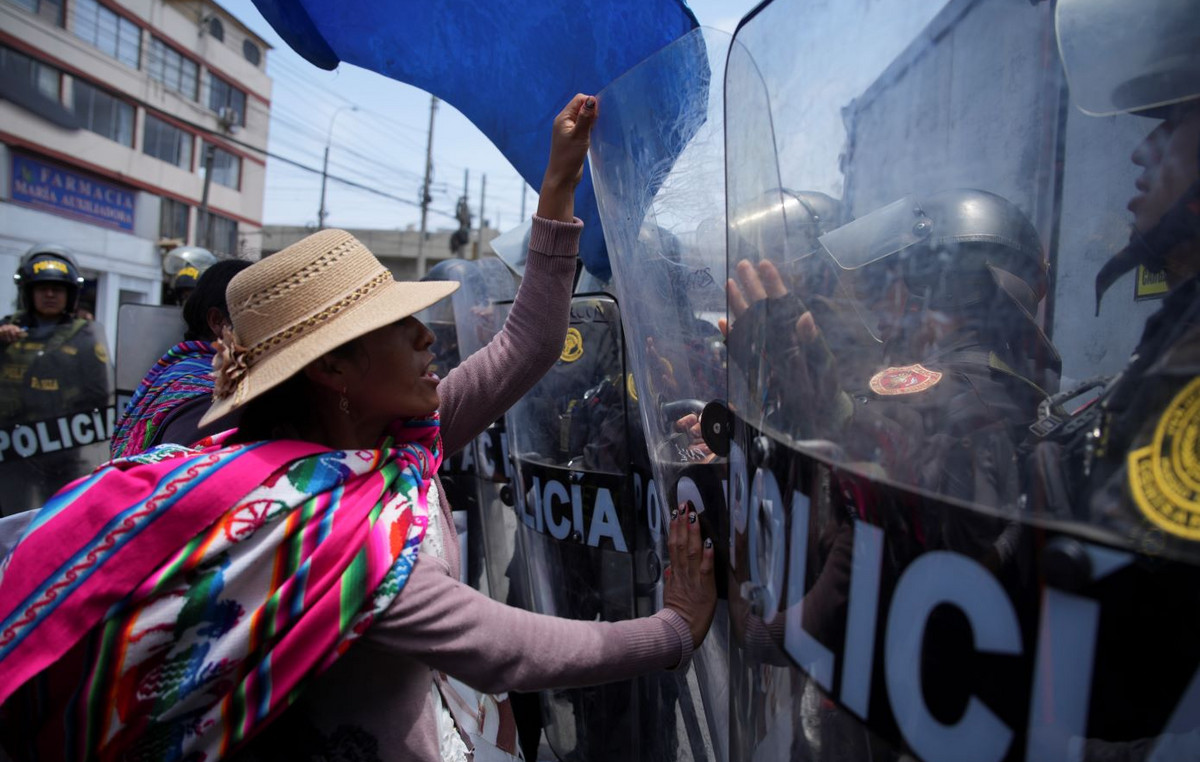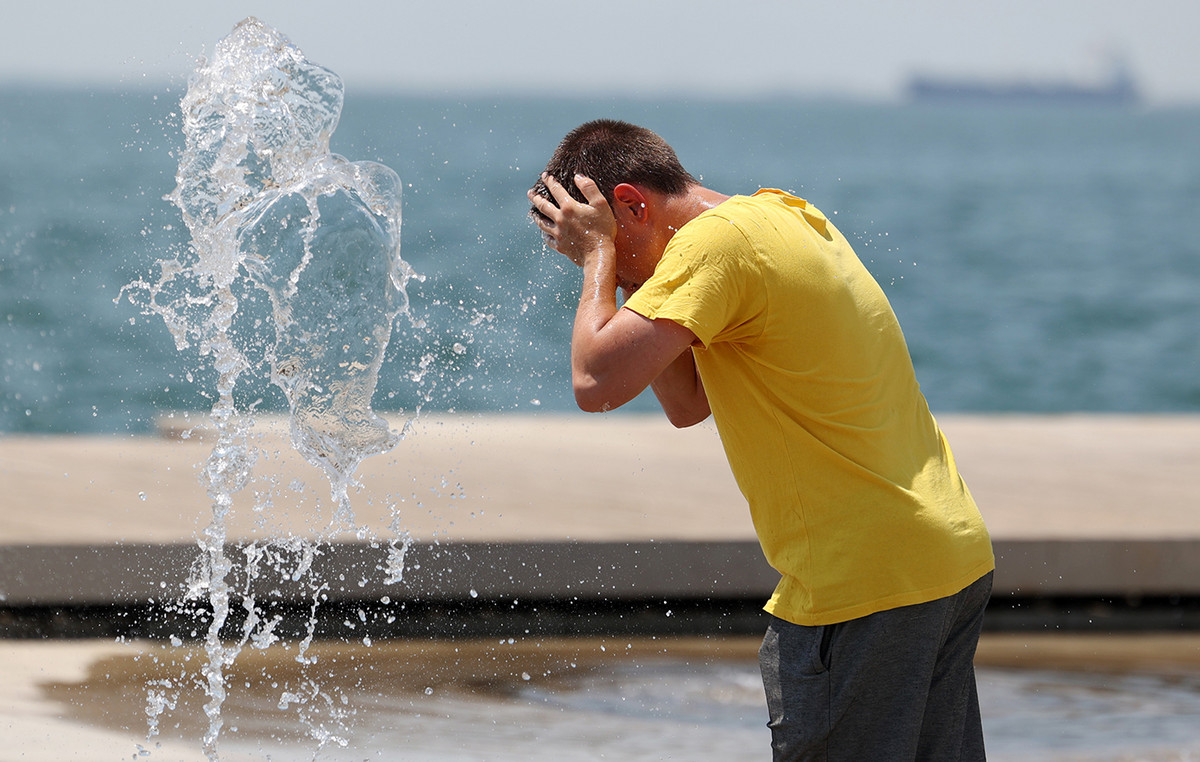Afghanistan has suffered from a string of attacks on mosques since the Taliban’s return to power in August this year, defying the government’s claim that it has restored security after decades of war.
This Friday (12), an explosion hit a mosque in Spin Ghar district, in Nangarhar province, in the east of the country, injuring at least 12 people. Until the publication of this report, no one had claimed responsibility for the explosion.
Attacks on places of worship by followers of the Islamic faith, however, have been claimed by Islamic State-K, a rival terrorist group of the Taliban. Most of the attacks took place on Fridays.
Lourival Sant’Anna, international analyst at CNN, explains that Fridays are holy days for Muslims, as they are the equivalent of Sunday in the Muslim week.
“Friday is the Muslims’ rest day, and the day they fill the mosques in midday prayer, which actually takes place around 1 pm,” he says.
According to reports from residents, today’s explosion occurred around 1:30 pm (local time), when explosives apparently located inside the mosque were detonated.
“For Afghans and other Muslim peoples, not being able to go calmly to pray on Fridays in mosques, which is a religious duty, causes great anxiety,” stresses Sant’Anna. “The explanation is this: attacks happen when mosques are full.”
Instability, fear and discontent with Taliban
The mosque attacked this Friday (12) was frequented by Sunni Muslims. Previous attacks since the Taliban takeover have hit Shiite mosques. Both are Muslims, but they have different theologies and rituals.
Despite this, Sant’Anna believes that it cannot be considered a “retaliation” against the Islamic State, which is Sunni, as the Taliban also belong to the same Islamic group.
“The attack was the work of the Islamic State. It is to generate instability, fear and discontent with the security conditions under the Taliban regime. Nangarhar is the main stronghold of the Islamic State, because they have bases in the Autonomous Tribal Area and in Pakistan, which border the province”, explained the analyst at CNN.
Lourival Sant’Anna emphasizes, however, that to achieve the objective of destabilizing the Taliban government, the Islamic State attacks even Sunnis. “They don’t just attack Shiite targets.”
Other attacks on mosques
On Friday, Oct. 8, more than 100 people were injured after an explosion at a mosque in the town of Kunduz in northeastern Afghanistan.
On October 15, another explosion at a mosque, this time in Kandahar, the country’s second-largest city, killed at least 32 people.
This Friday (12), the same day as the explosion that injured at least 12 people, the chancellor of the Taliban regime, Amir Khan Muttaqi, was in Pakistan. At the event, he claimed that the Taliban had brought stability to Afghanistan.
Like the Taliban, Islamic State-K also belongs to the so-called “radical Sunni Islam”. However, the organizations are vying for the same space in the Middle East.
“The Taliban has a national ideology, they want to govern Afghanistan, they don’t want external enemies and they never wanted to provoke other countries. They are a national movement to govern the country”, says Sant’Anna.
“Islamic State K, on the other hand, is multinationalist, they want to act in all countries where there are Muslims. They recruit Muslims around the world to destabilize those who do not follow the vision of Islam.”
Reference: CNN Brasil
I’m James Harper, a highly experienced and accomplished news writer for World Stock Market. I have been writing in the Politics section of the website for over five years, providing readers with up-to-date and insightful information about current events in politics. My work is widely read and respected by many industry professionals as well as laymen.






